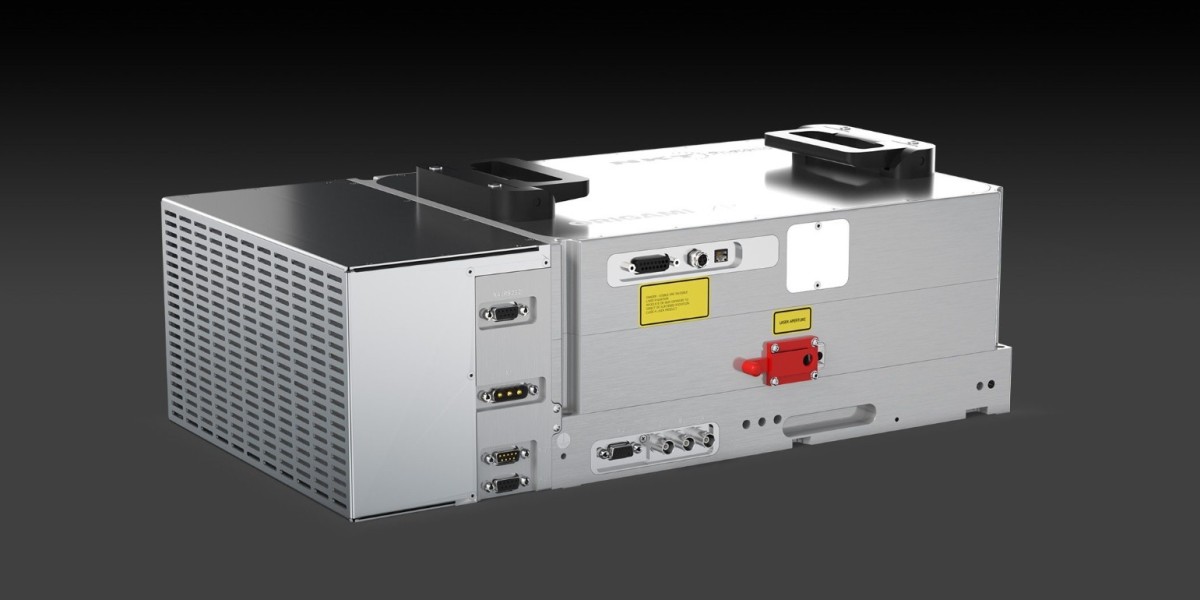Introduction
In the bustling world of healthcare, where coordination and communication are paramount, ward reports in nursing stand as crucial documents that hold the key to delivering optimal patient care. These reports, generated within the confines of the hospital ward, are integral to fostering collaboration among healthcare professionals and ensuring a seamless continuum of care. In this article, we explore the importance of ward reports in nursing, shedding light on how they serve as indispensable tools for information exchange, patient safety, and overall healthcare efficiency.
1. Seamless Information Exchange:
What is report writing in nursing serve as the cornerstone of information exchange among nursing staff. As shifts change, nurses come together to share critical details about each patient's condition, treatment plans, and any noteworthy developments. This seamless exchange of information ensures that every nurse on duty is well-informed and can seamlessly pick up where the previous shift left off. This is particularly vital in high-acuity settings where patient conditions can change rapidly.
2. Continuity of Care:
The continuity of care is a hallmark of effective healthcare delivery, and ward reports play a pivotal role in maintaining this continuity. Through detailed documentation of patient histories, ongoing treatments, and care plans, nurses contribute to a comprehensive understanding of each patient's healthcare journey. This ensures that, regardless of shifts or changes in nursing staff, patients receive consistent and uninterrupted care, minimizing the risk of oversights and enhancing overall care quality.
3. Timely Intervention and Patient Safety:
Ward reports are instrumental in facilitating timely interventions, a critical component of ensuring patient safety. When nurses are well-versed in the latest developments and changes in patient conditions, they can respond promptly to any signs of deterioration or unexpected events. This proactive approach, facilitated by comprehensive ward reports, is essential for preventing adverse outcomes and safeguarding the well-being of patients.
4. Interdisciplinary Collaboration:
The hospital ward is a collaborative environment where nurses work alongside various healthcare professionals. Ward reports serve as bridges that connect nursing care with the broader interdisciplinary team. By clearly documenting patient information, nurses provide valuable insights to physicians, therapists, and other healthcare professionals, fostering a collaborative approach to patient care. This interdisciplinary collaboration is fundamental to addressing the diverse needs of patients and achieving comprehensive healthcare outcomes.
5. Quality Improvement Initiatives:
Importance of nursingcontribute to the ongoing efforts of healthcare institutions to improve the quality of care provided. By documenting incidents, deviations from protocols, or areas of concern, nurses provide valuable data that can inform quality improvement initiatives. Regular analysis of ward reports allows healthcare facilities to identify trends, implement targeted interventions, and continually refine protocols to enhance overall patient care and safety.
Conclusion
In the complex and dynamic world of nursing, ward reports emerge as indispensable tools that promote effective communication, continuity of care, patient safety, and collaborative excellence. The importance of these reports cannot be overstated, as they serve as the backbone of information exchange within hospital wards. As nurses diligently craft and utilize ward reports, they contribute to the delivery of high-quality, patient-centered care, embodying the essence of the nursing profession's commitment to the well-being of those entrusted to their care.








